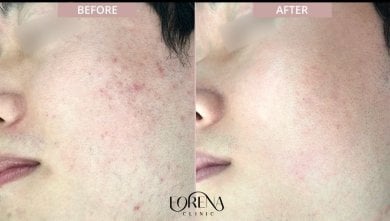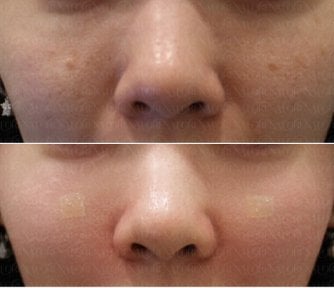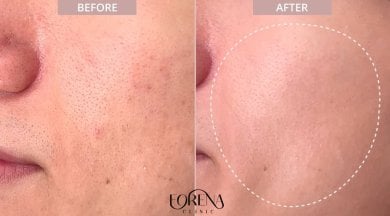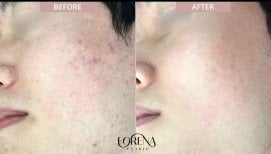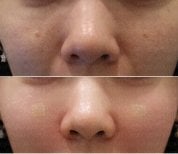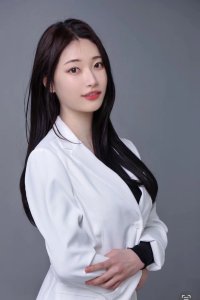Dr. Yeom Jihye brings 15 years of experience with 14,000+ aesthetic treatments performed, specializing in stem cell therapy. The procedure at Forena Clinic may cost around $1,992 – typically covering 9 ml stem cell therapy with choice of delivery method. Dr. Yeom trained at UCLA and holds memberships in both American and Korean dermatology societies. The clinic, with a 4.5★ rating, is featured in Harper's Bazaar for premium aesthetic care.
